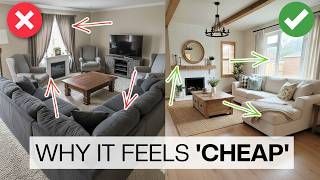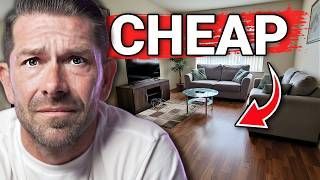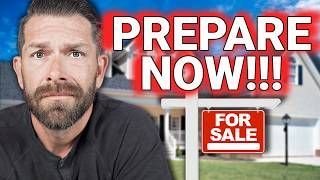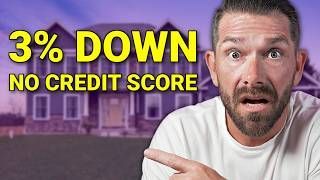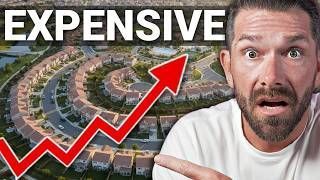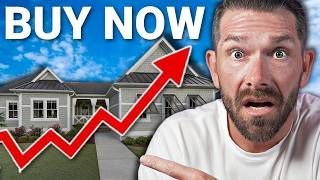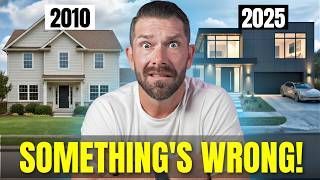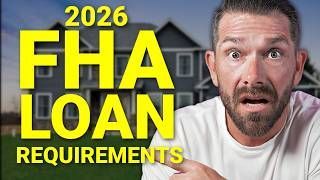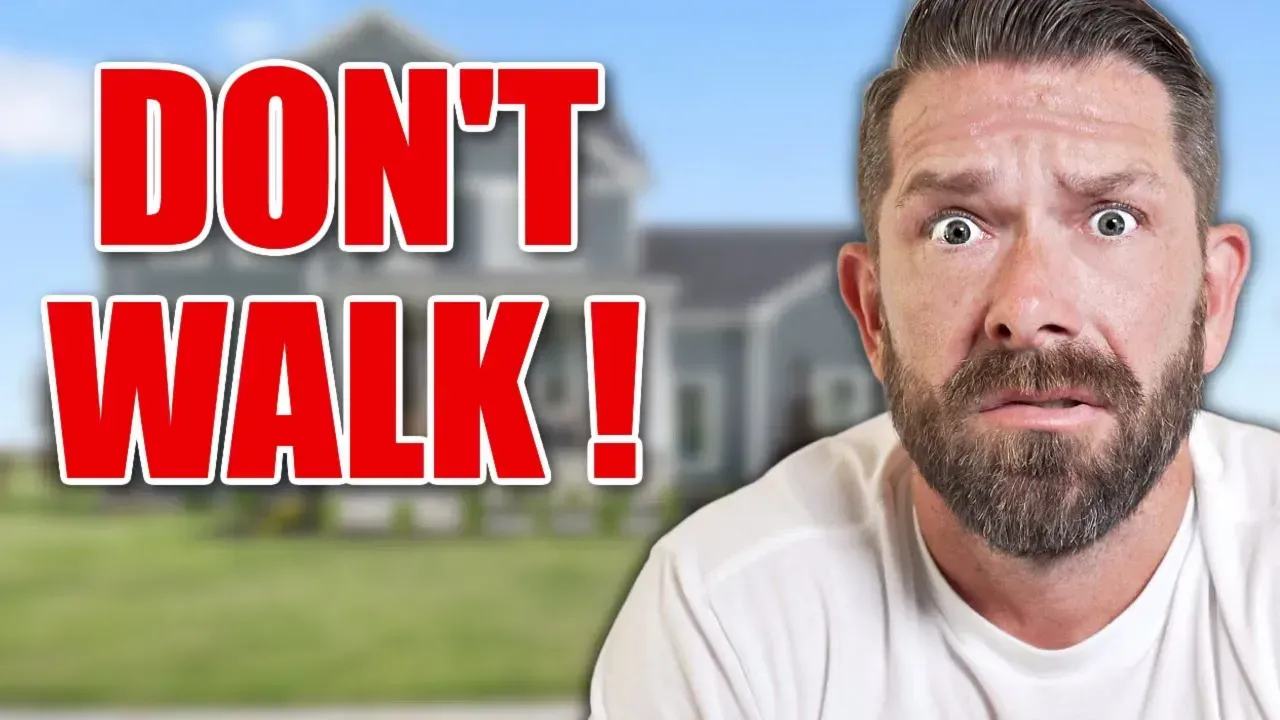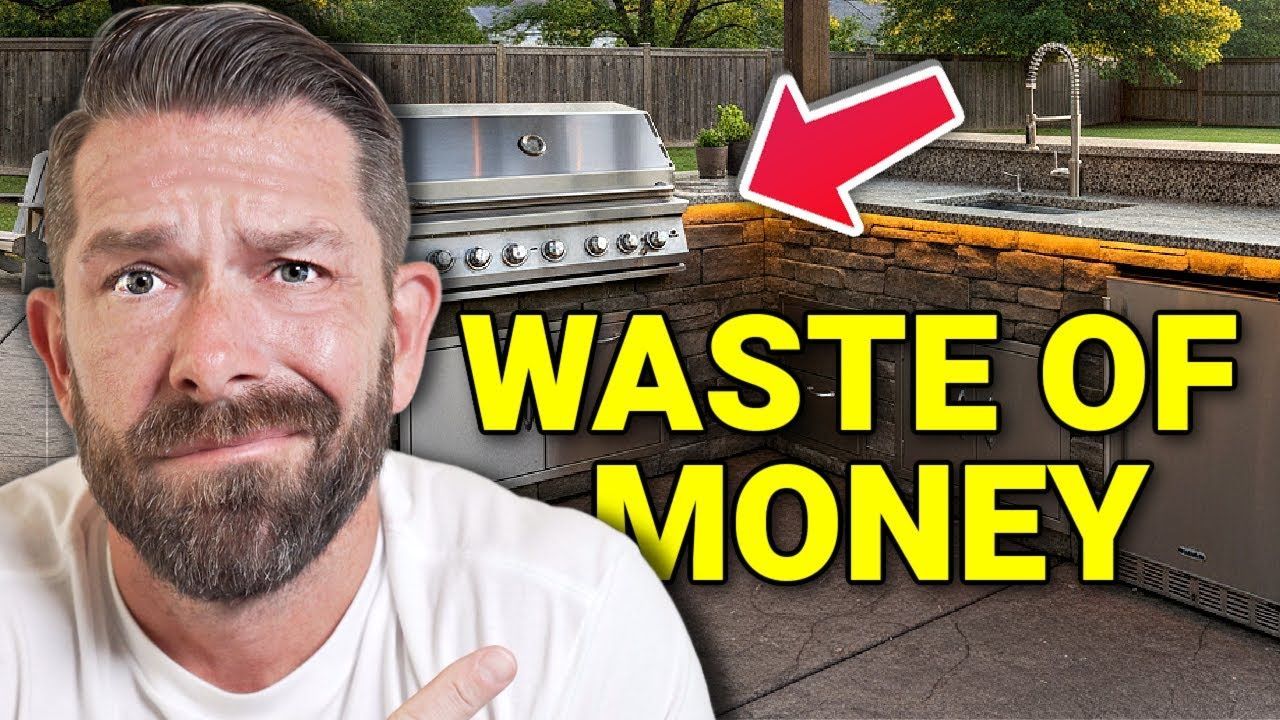Before You Sell Your Home, Make Sure You Do THIS
Get The Latest OC Housing Report
Understanding Capital Gains When Selling Your Home
When it comes to selling your home, understanding capital gains is crucial. A misunderstanding of how they work can lead to unexpected tax bills that could seriously impact your financial plans. In this blog post, we'll break down what capital gains are, how they’re calculated, the exemptions available, and the importance of professional advice when navigating this complex topic.
What Are Capital Gains?
Capital gains represent the profit earned when you sell an asset, such as real estate, for more than its purchase price. In real estate, your "capital" is the original purchase price, and the "gain" is the difference between the purchase price and the selling price.
There are two types of capital gains:
- Short-term capital gains: Applies to assets held for less than one year, often taxed at higher rates.
- Long-term capital gains: Applies to assets held for more than one year, typically taxed at lower rates.
The Major Law Change of 1997
Before 1997, to avoid paying taxes on capital gains, you were required to reinvest the profits from a home sale into another property. However, the Taxpayer Relief Act of 1997 changed this rule, introducing significant exemptions:
- Single homeowners can exclude up to $250,000 in capital gains.
- Married couples can exclude up to $500,000 in capital gains.
To qualify for these exemptions, the home must have been your primary residence for at least two of the last five years, and you cannot have claimed another exemption in the past two years.
Calculating Capital Gains
The basic formula for calculating capital gains is as follows:
Sales Price - Purchase Price - Improvements - Selling Costs = Adjusted Capital Gains
For example, if you purchased a home for $500,000, made $50,000 in improvements, and sold it for $800,000, with $30,000 in selling costs:
- Sales Price: $800,000
- Purchase Price: $500,000
- Improvements: $50,000
- Selling Costs: $30,000
- Adjusted Capital Gains: $220,000
If you are single, the $250,000 exemption would fully cover your $220,000 gain, leaving you with no taxes to pay.
Special Considerations
If the home is not your primary residence or if you’ve owned it for less than two years, partial or no exemptions may apply. In cases of health issues or job relocation, you might qualify for exceptions. Investment properties require a different approach, such as a 1031 exchange, to defer taxes.
The Importance of Professional Advice
While understanding the basics of capital gains is essential, consulting with a licensed CPA or tax professional is critical. They can provide detailed guidance tailored to your unique financial situation, ensuring you don’t face unexpected tax liabilities.
Key Takeaways
Here are the main points to remember:
- Capital gains are the profit earned when you sell an asset like real estate.
- The 1997 law allows up to $250,000 (single) or $500,000 (married) exemptions for primary residences.
- Document all improvements and selling costs to reduce taxable gains.
- Consult with a real estate professional and a CPA to ensure compliance with tax laws and optimize your financial outcomes.
Selling a home is a significant financial decision. With the right knowledge and professional advice, you can avoid costly mistakes and make the most of your investment.

